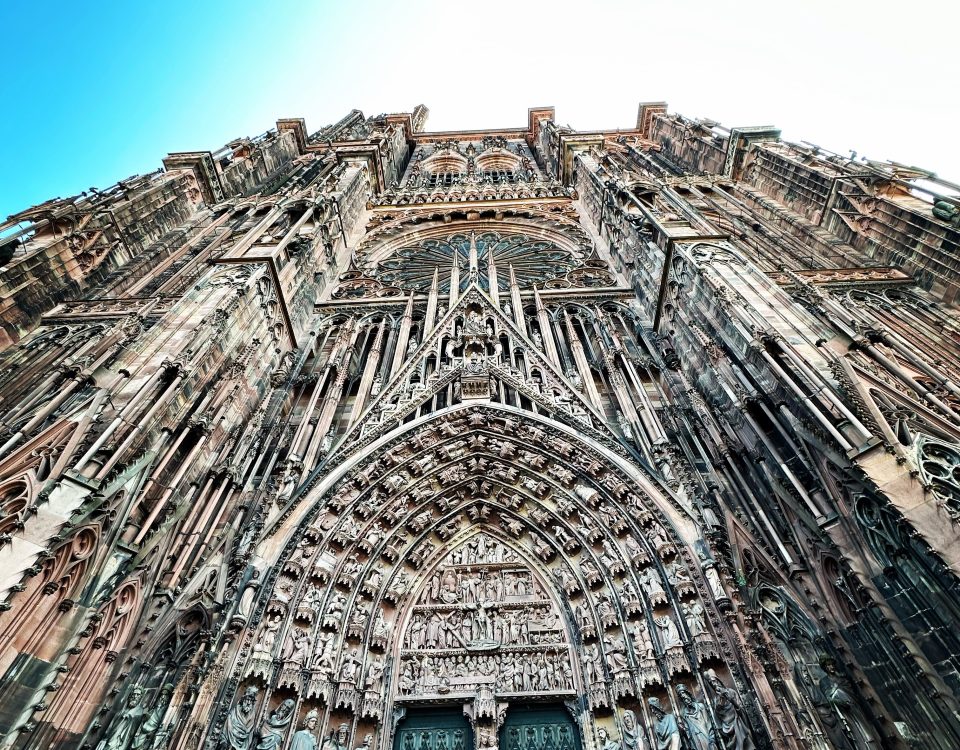What are we to make of Memorial Day?
A day of memory of the valiant dead, Taps and the slow homage of the living, it is a quiet solemn day of honor. It’s a day we remember both our worst and our best: war and the sacrifices soldiers made. A day only mocked if not hallowed.
I, I must admit, am not much of a patriot. Relative are all my earthly loyalties, my political loyalties none. I am a Christian, and so both my theology and my history make for politics plainly at odds with national mythologies. I have never been one to feel too much the swell of star-spangled emotion.
Yet the dead give me pause. I respect the soldier. And Memorial Day haunts me. Because despite my unpatriotic religious reservations, I love this country and am grateful for the blood given, the many lives selflessly lost. And because I am shamed by the solemn silence of those sacrificed when compared with the loud petty fools we’ve all become. I am haunted by their atonement and the absence of ours.
Of course, I mean all our varied vitriol, our divisions, our hatred, our politicized fear and irrationality. I mean our politicians: our tone deaf elitist Democrats and our ethically pagan Republicans. I mean our president and his superlatives. I mean our childish jaundiced middle-aged liberals as well as our pseudo-evangelical conservatives. I mean those who vilify traditional morality as well as those who dehumanize difference. I mean the know-it-alls on Facebook and the pundits who’ve got them duped. And I mean myself, all of us. Petty fools, as I said.
But how can we change? How can we be better people measured by the sacrifices of soldiers rather than by our tribal biases? How can we rise above our inane divisions, come together and finally begin to live as if they died for us rather than because of us?
One thing is to read. Not surprising advice from me, I know. But what I mean here is that we should read particularly the literature, and especially the poetry, of the Great War from a century ago. Because it is literature capable of addressing the foolish hatreds of our day, and more importantly, capable of transcending them.
Read the novel Under Fire, by Henri Barbusse, for instance, for perspective on the littleness of our present troubles. “We are buried in the depths of an eternal battlefield,” he wrote with little exaggeration and in stark contrast to the whimpers of we privileged, self-declared victims.
Read the poetry of Rudyard Kipling, especially after his son was killed at the Battle of Loos in 1915. “If any question why we died,/ Tell them, because our fathers lied,” he wrote with the bitter penance of a father previously blinded by jingoistic slogans. Read this if you’ve never changed your mind, if you’re always confident, if you’re always right.
Read Siegfried Sassoon, his poem called “Reconciliation,” to learn how to see past our hatred and violence. “When you are standing at your hero’s grave,” he wrote, “Remember through your heart’s rekindling pride,/ The German soldiers who were loyal and brave.” “Men fought like brutes; and hideous things were done;/ And you have nourished hatred, harsh and blind./ But in that Golgotha perhaps you’ll find/ The mothers of the men who killed your son.”
Read all this, what was written a century ago. Teach it to our children. Because what you find in this literature is what we presently lack, and they are the sober virtues of brutal truth and the humility to admit that each of us may be wrong.
In an age of immature animosity, frightening for what it portends, we need this literature as witness and as warning about where all this intransigent bitterness leads. We need it to learn that it is possible to change as a people, from anger to wisdom.
And so it’s not about what we are to make of Memorial Day, but what Memorial Day is to make of us.
This column originally appeared in 2017 in the Dallas Morning News.










